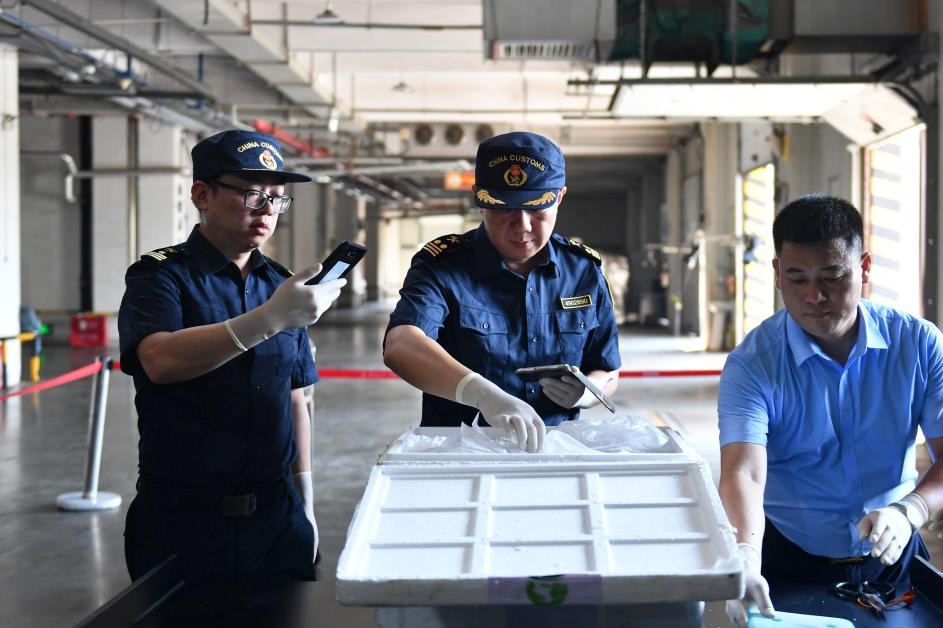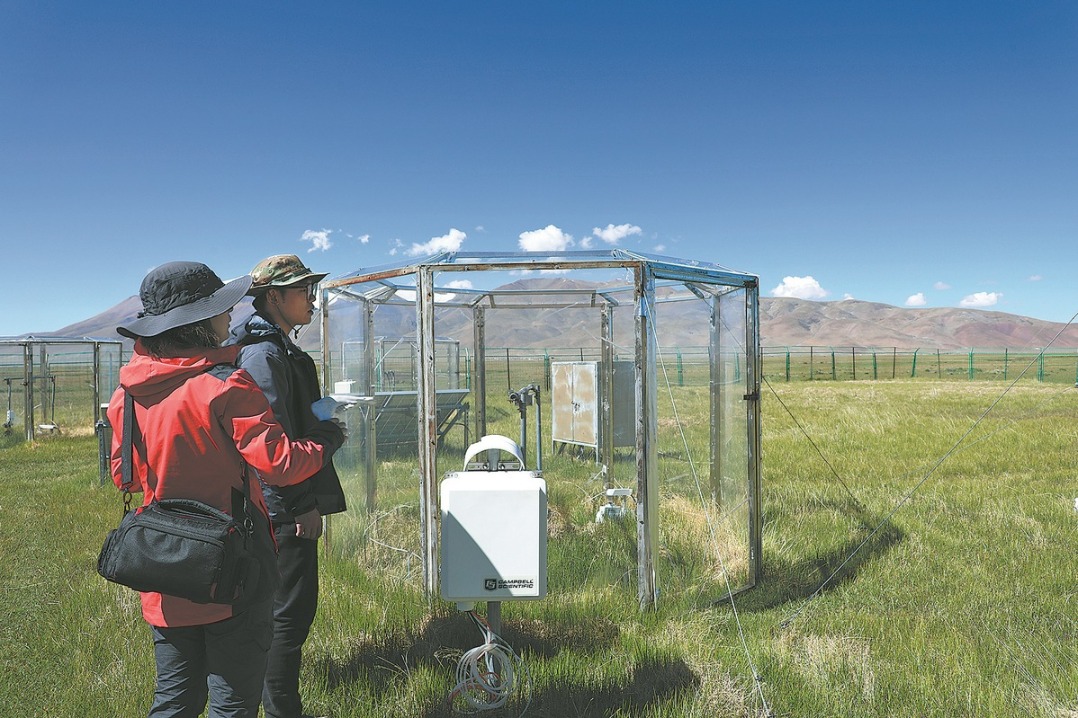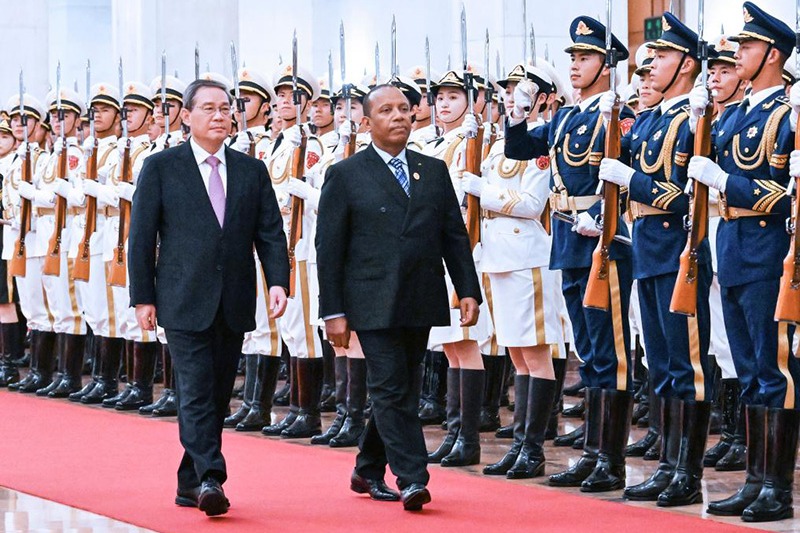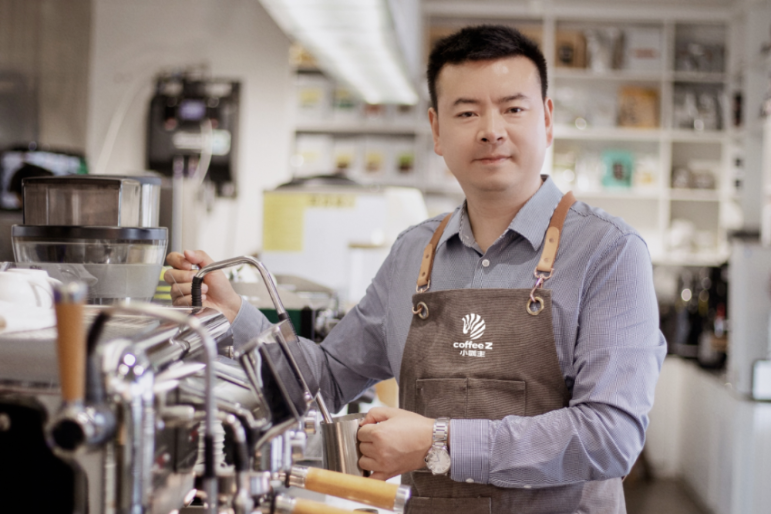Cooperation urged to grow innovation
Shanghai forum aims to attract more financial capital to eastern metropolis

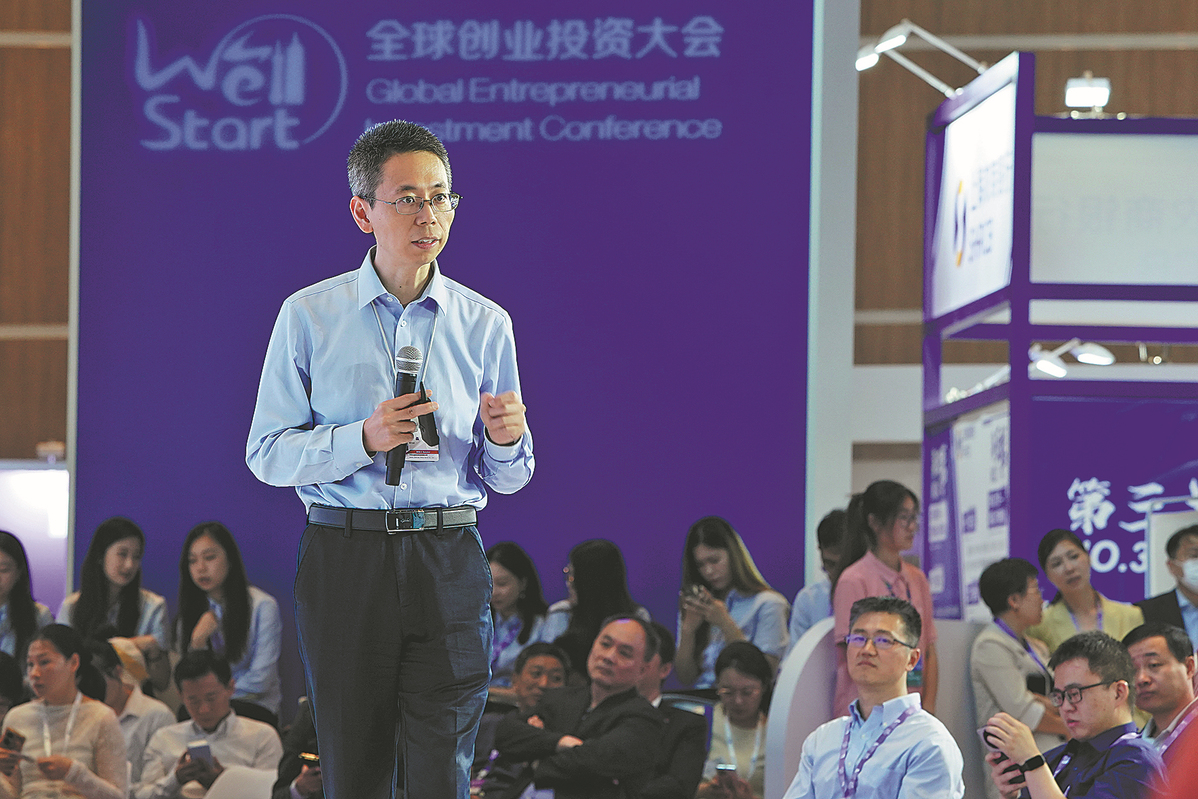
Stronger cooperation between different entities and regions, as well as a continuous flow of capital into emerging industries, are crucial to the facilitation of technological innovation, which serves as a major driver for China's high-quality economic growth, according to officials and industry experts.
Their remarks were made during the 17th Pujiang Innovation Forum, which started on Saturday in Shanghai. This year's forum, jointly held by the Ministry of Science and Technology and the Shanghai municipal government, was themed "Sharing Innovation and Shaping the Future Toward an Open Environment for Scientific and Technological Innovation".
A 10-billion-yuan ($1.4 billion) Shanghai Future-oriented Industries Fund was launched during the opening ceremony of the forum.
Projected to promote disruptive innovation, multidisciplinary and interdisciplinary innovation, as well as cutting-edge, platform-based technologies, the fund will focus on the health, information technology, manufacturing, energy, space and material industries, according to the Shanghai government.
The fund will also connect to the industrial fund of funds for Shanghai's three pioneering industries of integrated circuits, biomedicine and artificial intelligence to form a fund cluster. In this way, a complete technology innovation investment system will be developed in Shanghai, facilitating early-stage technology incubation and industrial integration, the city's government said.
During his speech delivered at the opening ceremony, Chen Jining, Party secretary of Shanghai, said the city will advance international cooperation on major scientific issues in areas of life and health, new energy and human development. Shanghai will also better integrate into the global innovation network and participate in global governance in areas such as AI.
Xie Min, director-general of the department of policy, regulation and innovation at the Ministry of Science and Technology, said during the forum that innovation centers in China will be better guided to break barriers in terms of geography, administration and markets. As a result, innovation capabilities will be better coordinated, retaining the distinctive strengths of different centers while addressing shortages.
China will also step up cooperation on a global scale by facilitating the free flow of various innovative elements, he said.
Liu Dongmei, Party secretary of the Chinese Academy of Science and Technology for Development, explained that the national-level technology innovation center, which covers a larger area, should focus on applied research to support the development of key industries and high-quality development.
A regional technology innovation center may cover one province or several adjacent provinces. Such a center focuses on the application of technologies by making the most of its resource endowment, she said.
According to Liu, the Yangtze River Delta region has set up a model regional innovation center. The region accounts for over 30 percent of China's research professionals, patents and fiscal expenditures for technology development, and it contributes nearly half of the country's technology income from the international market.
Shanghai has played an important role in improving the region's innovation capabilities, she said.
The next round of technology reform will be more complex, dealing with sectors such as brain science, quantum technology, synthetic biology, aerospace and controlled nuclear fusion, according to Mi Lei, founding partner of venture capital investor Casstar.
The development of these technologies, which cover various disciplines, will take longer and require significant investment. Long-term capital is of greater importance against that backdrop, Mi said.
Ge Liang, deputy general manager of the technology finance department at Shanghai Pudong Development Bank, said investing in companies focused on hard technology at an earlier stage has been more frequently emphasized in the market. But it is not an easy task, as there are various uncertainties regarding technological innovation.
shijing@chinadaily.com.cn
















